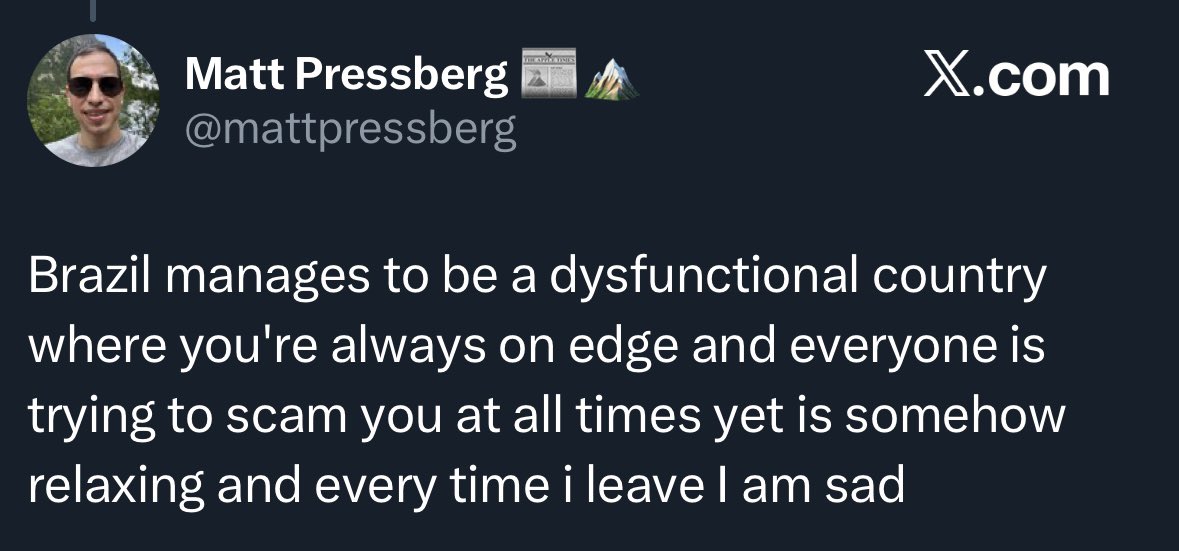The Finalists for the TOP 100 women of the year have been announced! The Awards this year have highlighted 100 of the most inspirational women on the Planet, (as you can read below,) but who is on the list of the TOP 100 Women of the Year and what are their achievements? 
https://twitter.com/moldbugman/status/1468229513502941191

Mukobwajana Nirere
Rwanda’s first Professional Women’s Darts player, she is also only the 8th woman to hit a score of over 100 points in one round in the East African regional Women’s professional darts scene
Rwanda’s first Professional Women’s Darts player, she is also only the 8th woman to hit a score of over 100 points in one round in the East African regional Women’s professional darts scene

Samantha Miller
This year, Samantha lost over 27 pounds (12KG) in weight through a combination of Zumba, Circuit Training and dieting
This year, Samantha lost over 27 pounds (12KG) in weight through a combination of Zumba, Circuit Training and dieting

Alinta Minjarra
Australia’s first professional female Aboriginal BMX rider, she recently came 37th in the Northern Australia regional BMX open Championship
Australia’s first professional female Aboriginal BMX rider, she recently came 37th in the Northern Australia regional BMX open Championship

Isabella Lorca Ramirez
Isabella has self-published over 100 poems online, the most poems self-published online of any woman in Southern Ecuador
Isabella has self-published over 100 poems online, the most poems self-published online of any woman in Southern Ecuador

Ramineh Akhtar
The first Afghan woman to host a temporary photography exhibition consisting entirely of pictures of Afghan Women’s vaginas in a Town Hall in Bremen, Germany
The first Afghan woman to host a temporary photography exhibition consisting entirely of pictures of Afghan Women’s vaginas in a Town Hall in Bremen, Germany

Mirlande Petion
One of Haiti’s few trans female Voodoo Priests, she has been responsible both for warding off over 10 evil spirits this year, more than any other trans female Priest since 2018, and for challenging prejudices against women in the Voodoo industry in Haiti
One of Haiti’s few trans female Voodoo Priests, she has been responsible both for warding off over 10 evil spirits this year, more than any other trans female Priest since 2018, and for challenging prejudices against women in the Voodoo industry in Haiti

Safeta Bajrić
Leading Bosnian period awareness influencer. She has posted over 3000 tweets this year discussing how difficult periods are for women
Leading Bosnian period awareness influencer. She has posted over 3000 tweets this year discussing how difficult periods are for women

Perveen Ghulam
The first Afghan woman to open an OnlyFans account, she has made over $5000 since arriving in Toronto, Canada, after fleeing Afghanistan through chain migration three years before the Taliban takeover of Afghanistan
The first Afghan woman to open an OnlyFans account, she has made over $5000 since arriving in Toronto, Canada, after fleeing Afghanistan through chain migration three years before the Taliban takeover of Afghanistan

Wendy Huang
One of Hong Kong’s leading (and only) young activists under 21 advocating for asylum for Afghan refugees in Hong Kong, she held a one woman and ten men protest where she sat in the road in a Hong Kong suburb and managed to stop traffic for 15 minutes
One of Hong Kong’s leading (and only) young activists under 21 advocating for asylum for Afghan refugees in Hong Kong, she held a one woman and ten men protest where she sat in the road in a Hong Kong suburb and managed to stop traffic for 15 minutes

• • •
Missing some Tweet in this thread? You can try to
force a refresh

















